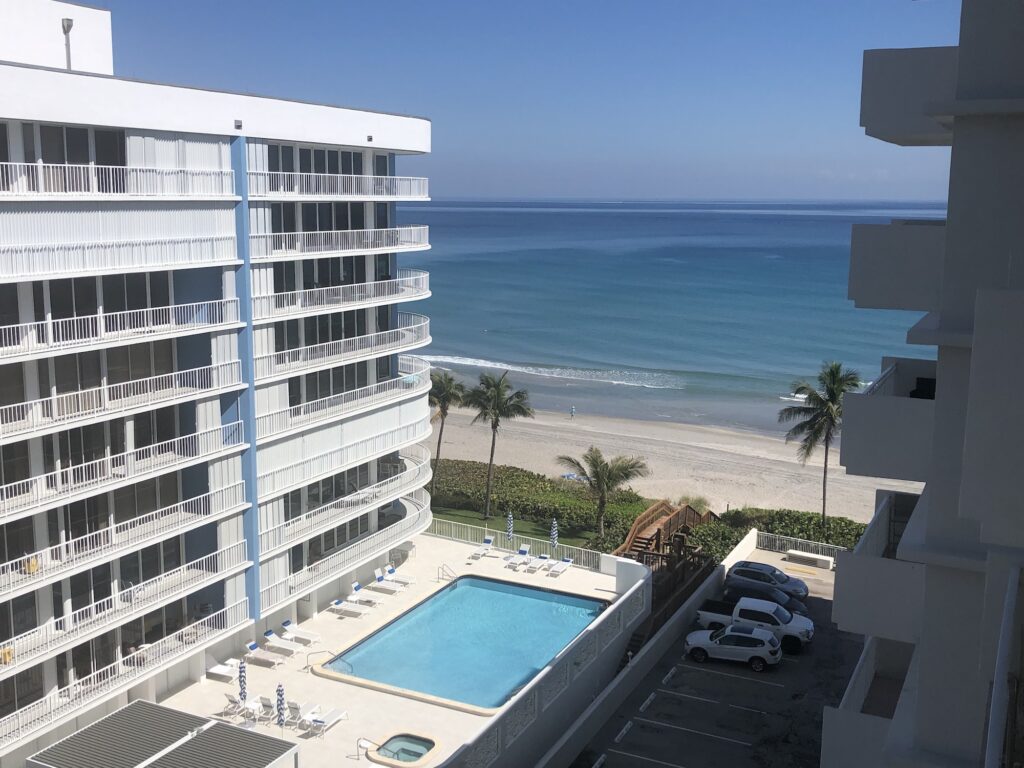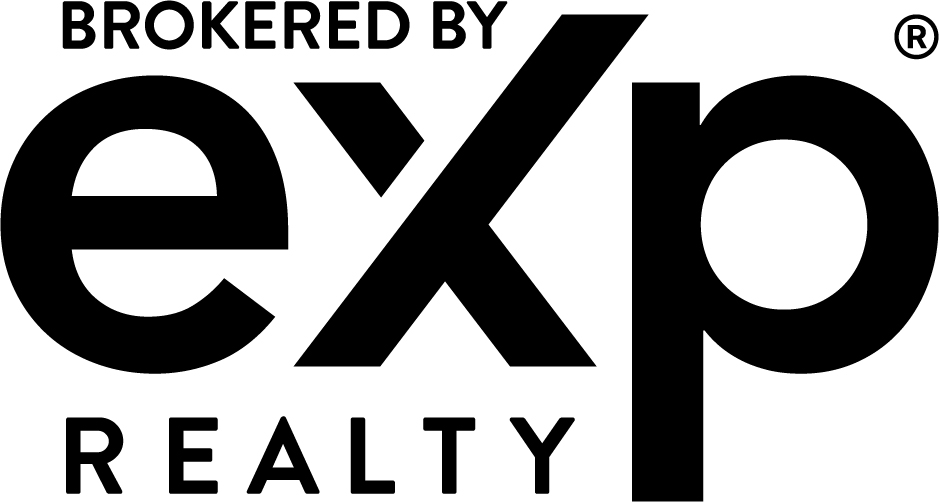They look the same from the outside. The listing says Condo. But as you proceed to purchase it’s imperative you know the difference between a Condo vs Co-op.
According to 2020-2021 U.S. National and State Statistical Review for Community Association Data there are around 355,000 community associations in the U.S. at the end of 2020.
- Homeowner associations account for 58%–63% of the total
- condominium communities with 35%–40%
- cooperatives (Co-Ops) about 2%–4%.
The data shows about 74.1 million Americans, or roughly 27% of the U.S. population, now live in a homeowner’s association, condominium community, or housing cooperative – co-op – collectively referred to as community associations or planned communities.
Here’s startling info for this report:
- Florida ranks #2 in the US in terms of associations. It has about 49,000 associations and almost 10 million people living within them.
- California is #1 with almost 50,000 associations and 14.5 million living in them.
- Texas falls way back in #3 position with just over 21,000 assc’s and a tad over 6 million folks living in them
Condo vs Co-op
A condominium, or “condo,” refers to a private residence located inside a shared building or complex that individual owners can purchase. While a housing cooperative (co-op) is also contained inside a larger structure, its residents don’t actually own their living spaces and only have proprietary leases giving them the right to live there. This is a huge difference between a condo vs co-op.
*** There’s another way to look at a condo vs co-op. Think of co-ops the same way you might think about investing in the stock market: You don’t own the unit, but you’re a shareholder, so you do have a say in how the co-op is run.
With this overview, let’s dive into each with the important differences between a condo vs co-op:

Condos
When purchasing a condo, you agree to own the interior. The exterior of this type of residential property belongs to a condo association. Your condo association handles things like maintaining lawns and landscaping, handling upkeep in common areas and repairing damage to the exterior of your home.
A condo is considered real estate. When you buy a condo, you receive a deed to the new home like you would if you bought a single-family home
Co-Ops
The majority of co-ops were formed before the mid-1970s and can be found in places like Philadelphia, New York City, Chicago. And here in Florida along the coast, you’ll find plenty of Co-ops to choose from.
It’s housing owned and operated by a corporation. The corporation owns every part of the home, including the interior, exterior and common spaces.
You don’t buy a piece of real property when you buy a co-op. Instead, you buy shares of the corporation that owns the building. In other words, unlike a condo, a co-op apartment is not considered real estate. When you buy into a co-op, the property belongs to everyone who lives within it.
So, who owns the housing corporation? Everyone who buys shares in the co-op owns a percentage of the corporation. Like a publicly traded company, every shareholder gets to vote on issues that affect tenants.
Co-op associations are often very picky about which prospective buyers they allow into their community. Before you join, the co-op board must approve your application. The board approval process can include personal interviews and a review of your financial documentation. This is different from a traditional home or condo sale, where the homeowner will sell to pretty much anyone who can pay the bill.
The down payment for a condo vs co-op is significant. While condo owners can take advantage of lower-down payment mortgages, such as a 3% conventional loan, most co-ops require a down payment of 10% to 20%.
Keep in mind that mortgage lenders are more likely to issue loans for a condo than a co-op. That’s because if a borrower defaults on a condo loan, the lender has real property to deal with rather than shares, which can be harder to sell.
Condo vs Co-op Fees
Co-op fees tend to be higher than condo fees because co-ops roll all the monthly expenses into one bill, including gas, water and property tax.
For example, if a co-op shareholder owns 2 percent of the property, they will pay 2 percent of the electric bill.
Condo owners pay their utilities and tax bills on their own, so those costs are not reflected in the monthly fees.
When it comes to property taxes, a condo owner pays tax on the unit’s assessed value, while a co-op shareholder pays a portion of taxes on the entire property.
Condo vs Co-op Management
Co-ops are notoriously more stringent in who’s allowed to buy, often requiring background checks, referrals and other personal information.
Condo associations are void of that and do not choose who can, cannot own.
Co-ops essentially allow you to handpick your neighbors. The interview process gives you a closer look at who you’ll be bumping into in the common areas.
Summary
The important differences between a condo vs co-op is how ownership takes place. Condos are less stringent that Co-Ops but may cost more in the long run.
Since co-ops are cheaper upfront, long-term residents might end up saving quite a bit of cash compared to buying a condo.
I see both being bought and sold in Florida often.
Now you have a better understanding and know the difference between a condo vs co-op you’ll be able to ask better questions when you meet with me.
Condo vs Co-op – Knowing The Differences Are CRITICAL
If you’re new, please subscribe: 👇👇👇👇👇👇👇👇👇👇 ✅ https://bit.ly/33u34fZ
Ready to start the conversation about moving to Delray Beach Florida? Call/Text me at 561-777-4089.
If you’re thinking of moving or relocating to Delray Beach or South Florida, I can help you. My FREE Relocation Guide – https://mrdowntowndelray.com/relocation-guide-delray-beach/
🙋♂️Let’s be social: * Instagram: https://www.instagram.com/jmwieland * Facebook: https://www.facebook.com/RealtorProJo… * Twitter: https://twitter.com/JohnMWieland * LinkedIn: https://www.linkedin.com/in/john-m-wi…
🧑💻 Home Search: https://mrdowntowndelray.com/
Realtors – Partner with me at EXP Realty! Schedule a call to learn how. Florida license SL3444240.
(Oh yeah, I lived in Costa Rica for over 12 years. Owned & operated 13 real estate franchise offices. If you’ve ever thought about buying a home in Costa Rica, call me. I can help you get from here to there safely and guide you through the entire process. My Costa Rica Rolodex is full of friends, lawyers, tour operator to help ). #delraybeachrealtor #mrdowntowndelray #johnwieland






